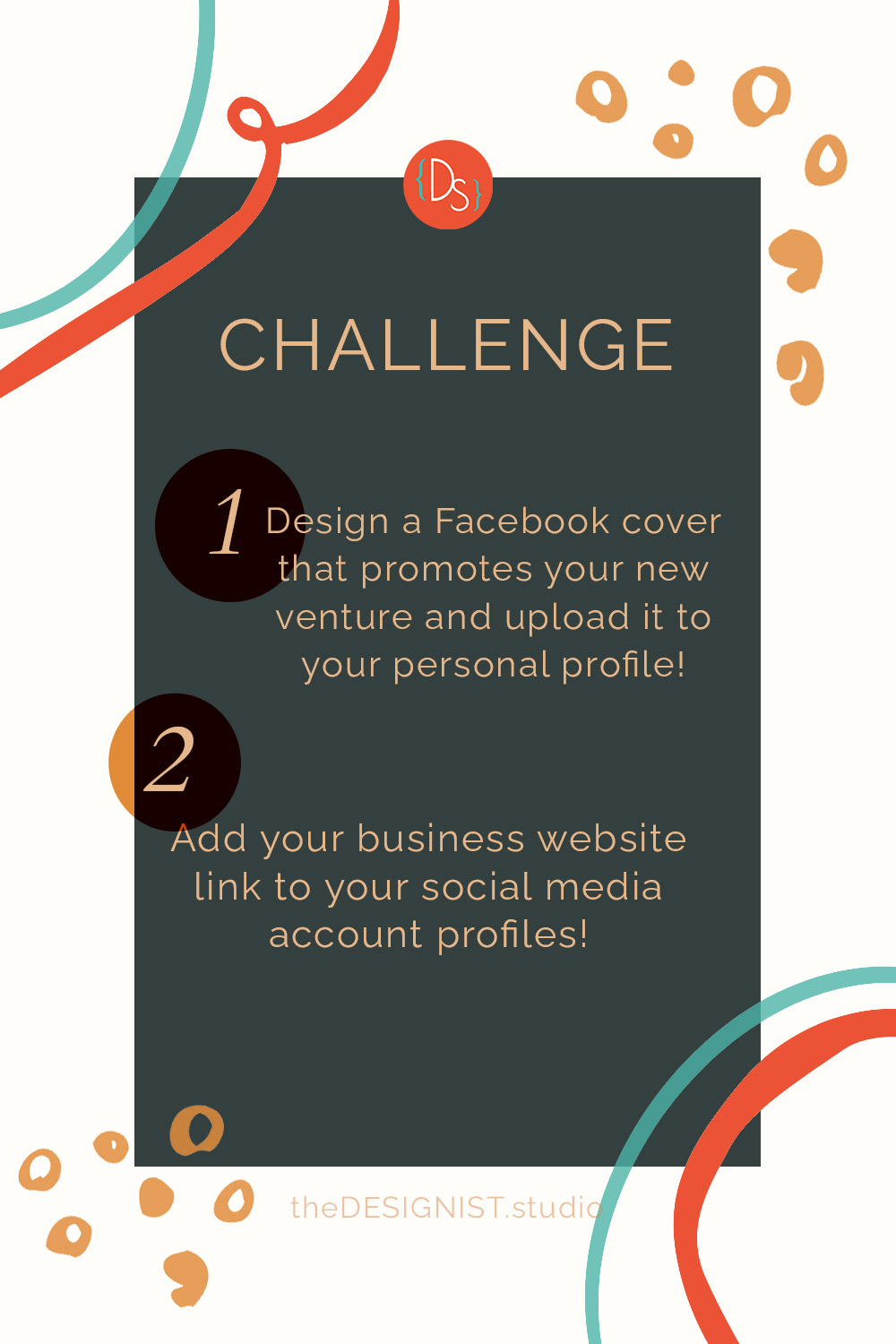How to succeed when you feel like a fraud
I’ve been so caught up with the excitement of setting my new year goals and planning for them. In fact, I was almost surprised when my old familiar fears and mental blocks hit. And I wasn’t the only person coming up against imposter syndrome.
I was chatting with a good friend who published her first book a while back. I’m so proud of her accomplishment, but I wasn’t surprised when she said that she was uncomfortable marketing her book. She was afraid she might waste people’s money and time and wasn’t thinking about what she had to offer her audience with her book.
Another highly-talented person close to me just got his dream job, a pay raise, and mentorship with an idol. He was more worried about how he might mess up than being excited about having secured this very competitive position. He wan’t thinking about all about the success and growth he would be bringing to the company.
Imposter syndrome is an insidious thing though, creeping up everywhere and feeding on internalised fears, doubts, and even expectations.
Kajabi, the content marketing platform, recently released a study. They found that an astounding 84% of entrepreneurs and small business owners experience imposter syndrome.
Here’s the thing though: most small business owners and entrepreneurs often succeed at tasks they worry they’re going to fail at.
So how do you deal with imposter syndrome when it starts creeping in? Here are a few things I have learned. They range from general approaches to specific things you can do right now. Try these ideas to squash your doubts and gain a little boost of confidence!
Knowledge is power
Learn to be aware when imposter syndrome comes up. (It probably affects your thoughts and decisions more frequently than you might expect.) Learn about it as it affects you specifically.
Ask questions about your imposter syndrome. Which beliefs have you internalised about yourself that lead you to question your capacity? What are your expectations of yourself? How much of that is dictated by how you feel others might perceive you? What events trigger it? On occasions when you do overcome it, what worked? When you were unable to overcome it, what would have helped?
Market yourself
Tell people what you do
Here’s a story. When I first started a web design business, I was too afraid to tell anyone.
I am self-taught. With all my experience building websites and planning marketing strategies and copywriting and designing and running a business, I was too embarrassed to say the words “I am a web designer”. I felt this way even though I was obviously confident enough in my skills to risk starting the business in the first place!
It was like I was afraid someone would catch me in a lie because the experience was new to me.
I noticed my imposter syndrome would kick up whenever someone asked me what I did. I would get uncomfortable or nervous and embarrassed and give them a vague answer.
It didn’t help that I was just getting to know my partner’s family and, naturally, everyone wanted to know more about me!
I decided that the next time someone asked about my job, I would tell them that I’m a web designer. I practiced this in a mirror. I literally pretended someone was asking me what I did, and I explained to my mirror that I just started a web design business.
When someone actually asked me about it, I kept my answer brief and simple and actually used that answer. Just like I had practiced in my mirror.
What I eventually found was that people are happy for me, or they accept it as matter of fact and move on with the conversation. No one is out to get me, no one is trying to trip me up. They’re just curious. When I share this about myself, they learn a little more about me, and I started to believe internally that I am a real-life web designer.
Tell even more people what you do
Once I started feeling more comfortable thinking of myself as a web designer, I decided that I would make it more public.
I don’t use social media much and generally never post about work on personal accounts, but here are a few ideas that I have tried:
- I posted a photo of myself holding my business card up to the camera and publicly announced it when I officially launched my business.
- In personal conversations and also in online settings among strangers, I started saying that I am a web designer or that I own a web design business. I even talked about some of the work I was doing and the experience I was having.
- I designed a (very) simple banner that said I build websites, and then posted it on my personal Facebook and LinkedIn accounts. (The Facebook one got some real love, I tell ya.)
Build up a bank of personal success stories
I’ve talked before about building a folder to store all your successes. Use a physical folder or digital one to capture your achievements and compliments you’ve had on your work.
Pick a project, job, or volunteer experience, and list out the ways in which you brought value to it that others appreciated.
The last thing I just added to my folder is a text from a friend that expresses how much she loves my business website. Simple text, major confidence injection.
Refer to this folder whenever you need a boost on confidence!
Recognize that you don’t have to be perfect, or know everything
Not knowing something doesn’t make you a fraud, it makes you a student.”
Marie Forleo
Find a community for support. They’ll not only help you see past your doubts, they’ll also help you find answers when you need them.
I used to assume finding a community meant I had to find a group of friends among my existing social circle.
I have learned that, despite my misgivings about Facebook as a company, there are some incredible Facebook groups made up of intelligent, supportive people who are there for your success and demand of you your best efforts.
Find a few that share your values and goals and start networking there!
Also, if you are able to, find mentors who have been where you are now and know how to support your growth. They’ll be among the biggest catalysts for your personal and career growth, I promise you.
Get off the ‘gram
Remember that Kajabi study I mentioned at the beginning of this post? It turns out small business owners and entrepreneurs have a tendency to compare themselves to the people around them and often feel less intelligent or competent.
When my imposter syndrome gets really bad, I find it helpful to deactivate my social media accounts for a while. I can go months without looking at Instagram or Facebook, but you might find even a one-week break beneficial for your mental health.
I find that what happens is I stop thinking about what everyone else is doing and focus on what I need to accomplish.
If you are serious about managing your imposter syndrome, I suggest picking one thing from this list to act on immediately. Something quick and easy.
If you haven’t already, perhaps design that Facebook banner for your personal profile. Nothing complex, don’t think about it too hard. Just head over to Canva and look through their Facebook cover templates, but make sure it states what you do. Here are a few examples:

Remember that you’re growing, always. I still constantly struggle to overcome my discomfort asking for help and making offers.
However, these exercises not only let me position myself to other people, but more importantly, flipped a switch in my brain that allowed me to believe, deep down, that I am unquestionably a web designer with real value to offer my clients. And that is valuable stuff.
Resources
- You can find the study I referenced above here.


